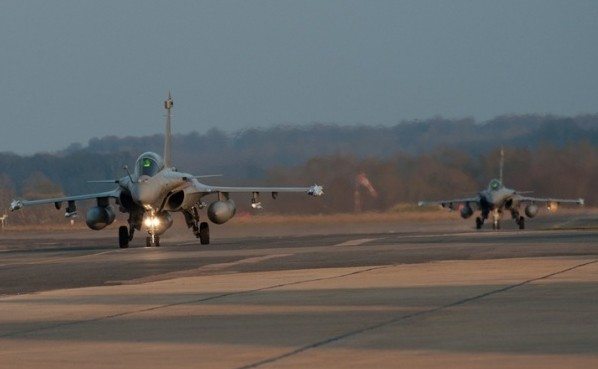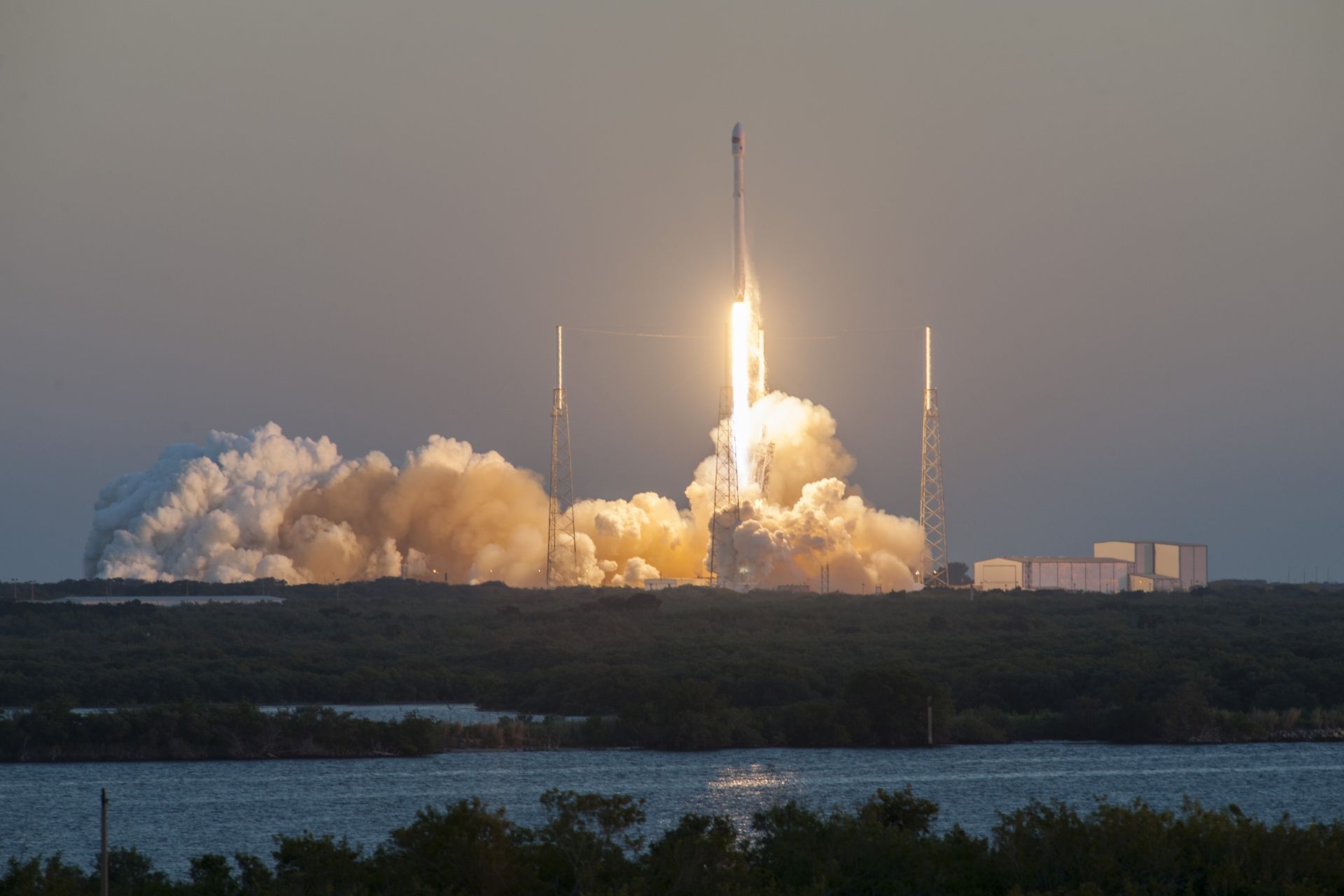Once a source of irritation for the United States, France has nudged aside Britain to become the US military’s key European partner.
The growing ties between the two militaries were on display this month when France’s top military officer, General Pierre de Villiers, hosted his US counterpart, General Martin Dempsey, aboard France’s aircraft carrier, the Charles de Gaulle.
The French flagship, which arrived in the Gulf in February to take part in US-led air strikes on the Islamic State group, is operating under US command — a first for the French naval forces.
During the carrier’s mission, US F-18 fighter jets have touched down on the deck of the De Gaulle and French Rafale fighters have visited American vessels.
On the deck of the carrier, the acrimony that plagued US-French relations 12 years ago over the American invasion of Iraq seemed a distant memory.
The new relationship is reflected in the warm rapport between the top generals, Dempsey and de Villiers, who have forged an “unmistakable” bond, according to Dempsey’s spokesman, Colonel Ed Thomas.
“That trust has influenced French and American officers many levels down,” he said.
US commanders were also grateful when France took the lead in military operations against Islamist extremists in the Sahel region of Africa, with US forces providing logistical support and drones to back up the effort.
“I think it is quite clear that this is a significant new development,” said author Linda Robinson of the RAND Corporation think tank.
“France is coming to the fore in a number of venues because their interests are aligning with US interests.”
Activist ally
One French officer boasted to AFP: “France at the moment is the most activist, most engaged European ally.”
Over the past decade, France initially sought defense partners inside the European Union but found itself frustrated with Germany’s more cautious view of military power.
Paris then promoted a partnership with the British military, but the much-touted effort proved disappointing, said Chris Chivvis, a former Pentagon official.
“In the last two-and-a-half years or so, there’s been an increasing shift toward looking to cooperate with the United States,” Chivvis said.
The evolution began with France’s decision in 2009 to join NATO’s integrated command structure, an acknowledgement by Paris that it needed allies to mount operations.
And on crucial security issues, France — even more than Britain — has recently found itself in agreement with the United States.
France played a leading role in the 2011 air war in Libya and adopted a tough stance on Iran’s nuclear program that resembles and even goes beyond Washington’s view.
In 2013, France — not Britain — stood alone with Washington in support of possible military action against the Syrian regime over its use of chemical weapons.
And last year France quickly signed up to join the air campaign against the IS group in Iraq.
The trend, through both conservative and socialist governments in France, has been a relatively “hawkish” line, Chivvis said.
More than anything, France’s swift intervention in Mali in 2013, which halted an alarming advance by Islamist extremists, made an impression at the Pentagon.
“It surprised the Americans,” a French diplomat said.
The Mali operation, involving more than 4,000 troops, was a “watershed,” Robinson said. It conveyed that France could be relied on to check terror threats in northwest Africa.
France’s robust posture coincides with the Obama administration’s recognition that the United States cannot always be in the lead and wants allies to help share the burden.
“The Americans need partners that have capabilities and the will to engage and project military power,” the French diplomat said.
France over Britain?
Britain, meanwhile, long seen as America’s closest military ally, is struggling to cope with intense budget pressures that have drastically scaled back its forces.
The long wars in Iraq and Afghanistan have taken a toll on British hardware and on public support for more foreign missions.
British commanders are warning the cutbacks could gut the force, and US officials have made known their concern that it would no longer be an effective ally in expeditions abroad.
Although France has an aircraft carrier, and Britain has none while it waits for construction of new ships, the two countries’ forces remain roughly equivalent.
And Paris faces similar constraints on its military budget.
But it is France’s willingness to deploy troops swiftly into harm’s way that has set it apart from Britain in the past few years.
That does not mean that the so-called US “special relationship” with Britain has been replaced with a new entente cordiale.
The partnerships are “different in nature,” Chivvis said, and US and British forces and intelligence services have been collaborating for decades.
That level of integration, he said, “is much tighter than the US-France relationship is going to be any time soon, if ever.”










